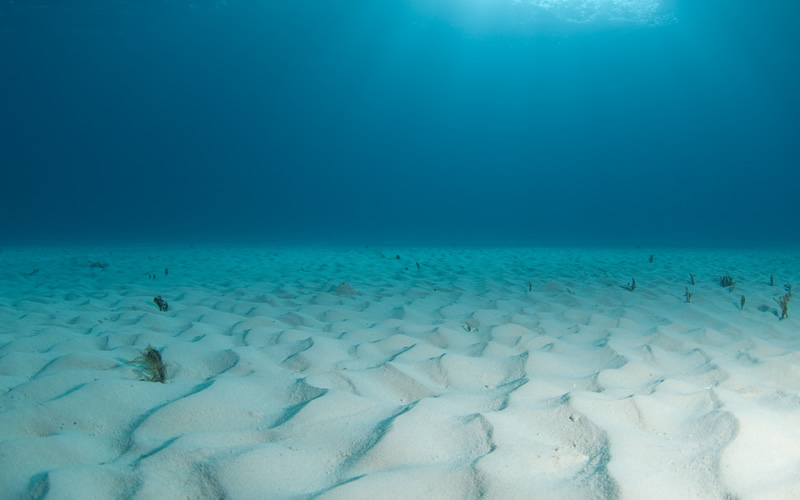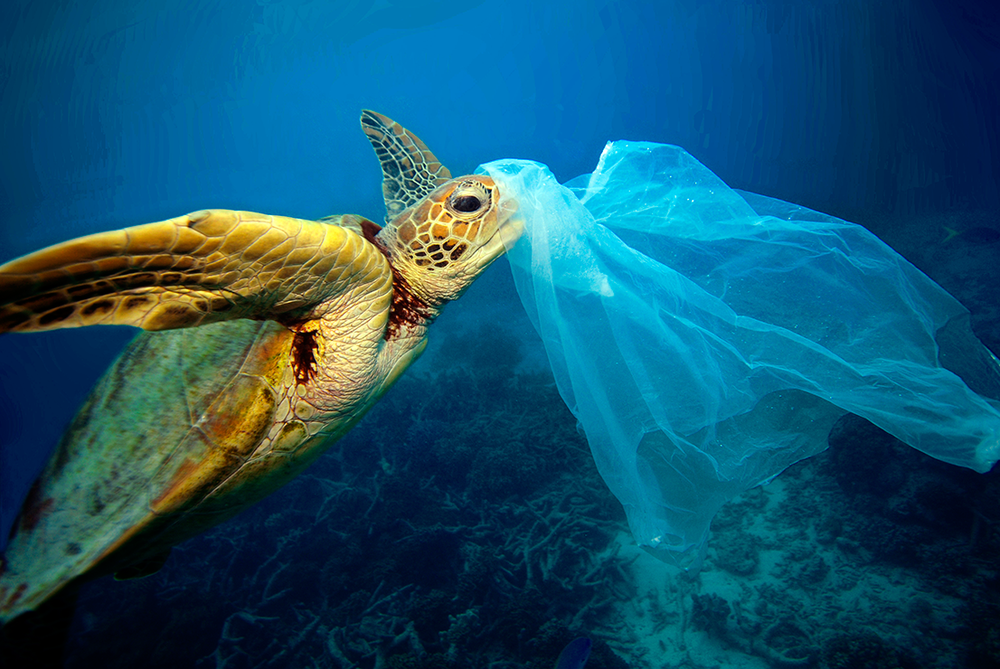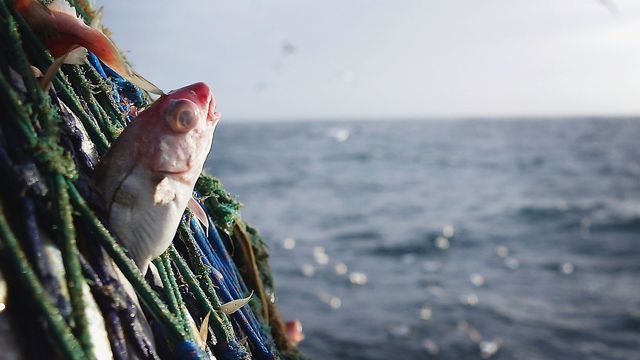Science & Tech
Saltwater Fish May Go Extinct as Soon as 2048, Says Study

There’s reason to fret, seafood lovers. According to an international team of ecologists and economists, the world’s oceans will be empty of fish by 2048. The causes? Overfishing, pollution, habitat loss, and climate change.
The study, published in the journal Science, was led by Boris Worm, Ph.D., of Dalhousie University in Halifax, Nova Scotia. Along with his colleagues, he sought to understand the repercussions of a loss of ocean species.

Credit: Greentumble
The team analyzed data from 32 experiments on various marine environments. They then studied the 1,000-year history of 12 coastal regions around the world. The next step was to analyze fishery data from 64 large marine ecosystems. Finally, Worm and colleagues studied the recovery of 48 protected ocean areas.
As CBS News reports, the team was surprised to learn that the fish apocalypse isn’t on the horizon, it’s occurring now. “I was shocked and disturbed by how consistent these trends are — beyond anything we suspected,” said Worm in a news release.
“This isn’t predicted to happen. This is happening now,” added study researcher Nicola Beaumont, Ph.D., of the Plymouth Marine Laboratory, U.K. “If biodiversity continues to decline, the marine environment will not be able to sustain our way of life. Indeed, it may not be able to sustain our lives at all.”

Credit: Californians Against Waste
The researchers concluded that everything that lives in the oceans is important. In fact, the diversity of ocean life is the key to the ocean’s survival. Where there is a diversity of species, the ocean is healthy. Unfortunately, overfishing, pollution, habitat loss, and climate change have caused 29 percent of edible fish and seafood species to decline by a whopping 90 percent. As CBS News reports, the dramatic reduction signifies a collapse of these fisheries.
There’s more to be concerned with than a lack of seafood. Creatures in the ocean filter toxins from the water. Their presence protects shorelines and reduces the risks of algae blooms. Without their existence, these phenomena may occur more often.
“A large and increasing proportion of our population lives close to the coast; thus the loss of services such as flood control and waste detoxification can have disastrous consequences,” the researchers said.

Credit: Bloomberg
Because the loss of species is happening fast, the researchers are urging action. Worm and colleagues have called for sustainable fisheries management, pollution control, habitat maintenance, and the development of more ocean reserves. The price is unimportant, they say. This is because all of these initiatives are an investment that will pay off in lower insurance costs, fewer natural disasters, human health, and a sustainable fish industry.
“It’s not too late. We can turn this around,” Worm said. “But less than 1% of the global ocean is effectively protected right now.”
What are your thoughts? Please comment below and share this news!
h/t CBS News
Typos, corrections and/or news tips? Email us at Contact@TheMindUnleashed.com
